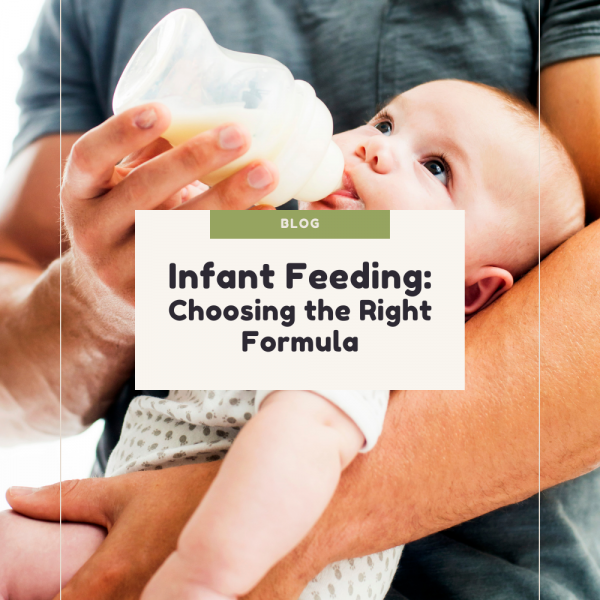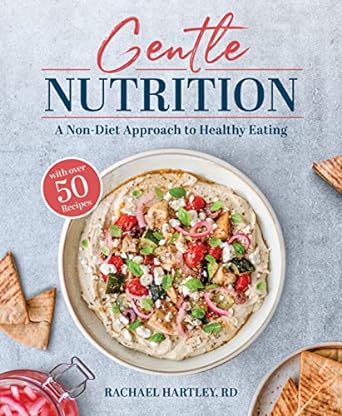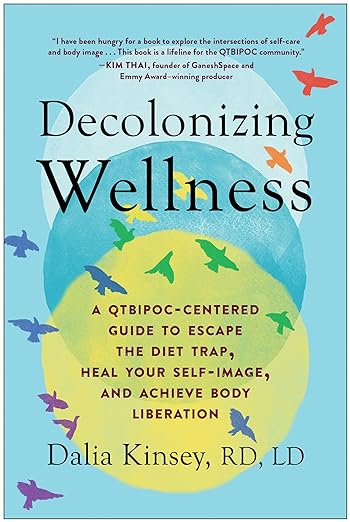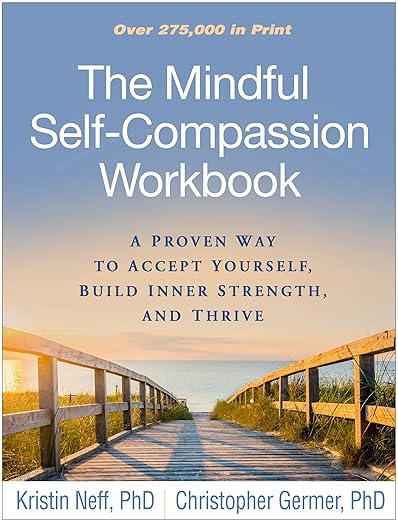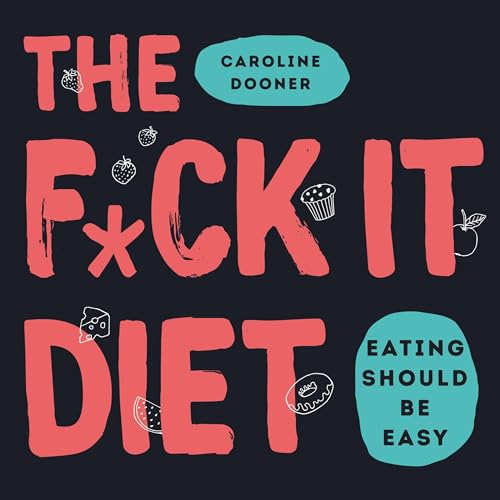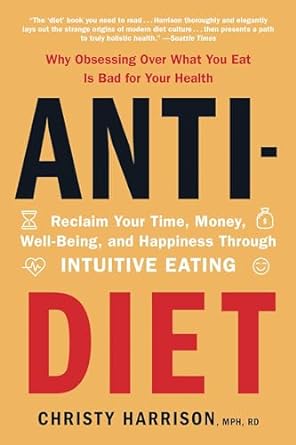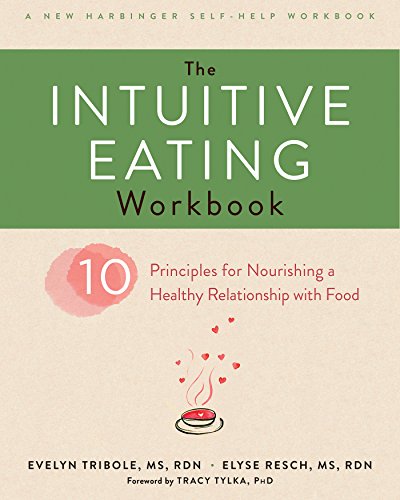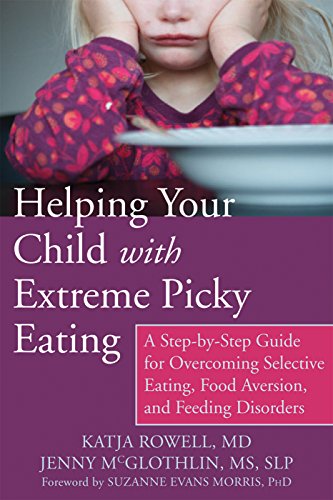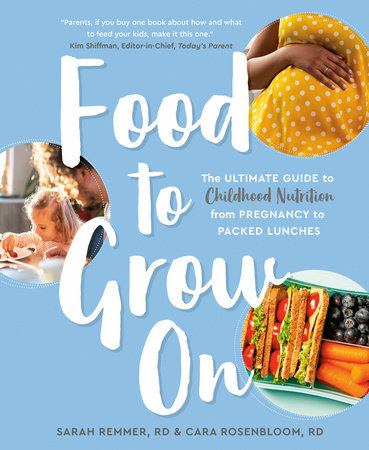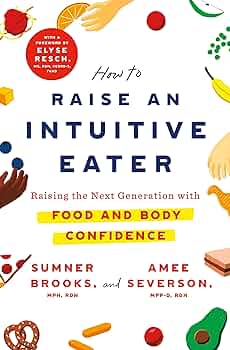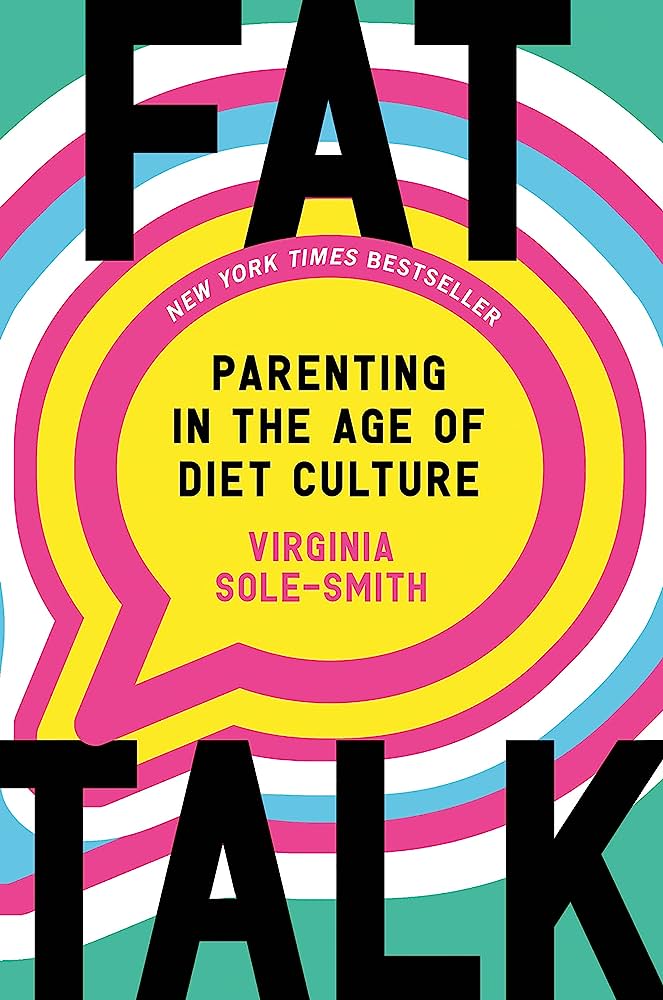Welcoming a new baby into your life is a beautiful yet challenging transition. During the first few weeks and months, your focus will naturally shift to your baby’s feeding needs. While breast/chest feeding may be a natural and beneficial choice for many, it comes with its own set of advantages and challenges that can impact both your baby’s well-being and your mental health. We acknowledge that breast/chest feeding looks different for every family – whether you are exclusively breast/chest feeding, pumping or combination feeding and ultimately we support your goals in feeding your baby. This article is to help supplement your understanding of the benefits and limitations of breast/chestfeeding, along with some practical tips on supporting your milk production through nutrition may help you navigate this journey.
Takeaways
- Breast/chestfeeding provides vital, tailored nutrition for your baby and supports your long-term health.
- Facing difficulties is normal. Seek professional support to help navigate latching issues and feeding demands.
- Eat nourishing foods like oats and leafy greens that may help with milk production and maintain your well-being.
- Prioritize your mental health by seeking support, practicing self-care, and being flexible with your feeding plan.
The Benefits of Breast/Chestfeeding
1. Appropriate Nutrition
Breast/chest feeding provides the most suitable nutrition for your baby in the first six months of life. Human milk is uniquely tailored to meet your baby’s evolving needs, offering a balance of proteins, fats, carbohydrates, vitamins, and minerals crucial for growth and development. Its composition adjusts as your baby grows, ensuring they receive the necessary nutrients at every stage.
2. Immune System Support
Human milk is rich in antibodies and other immune-boosting factors that help protect your baby from infections and illnesses. This natural protection is especially valuable in the early months when your baby’s immune system is still developing.
3. Economic Benefits
Breast/chestfeeding is cost-effective compared to formula feeding, which can be significantly more expensive. This economic advantage can be a relief for many families managing new expenses.
4. Long-Term Health Benefits
For parents, breast/chestfeeding has been associated with a reduced risk of breast and ovarian cancers later in life. Additionally, it supports faster postpartum recovery by releasing oxytocin, which helps the uterus return to its pre-pregnancy size and reduces bleeding.
5. Emotional Bonding
The physical closeness and skin-to-skin contact during breast/chestfeeding can strengthen the emotional bond between you and your baby. This intimate connection supports both your baby’s emotional development and your own mental health.
Limitations of Breast/Chestfeeding
1. Latching and Supply Challenges
Breast/chestfeeding can come with difficulties such as issues with latching, nipple pain, or concerns about milk supply. These challenges can be stressful and should necessitate support from lactation consultants or healthcare professionals to address and resolve.
2. Impact on Maternal Mental Load
The time-consuming nature of breast/chestfeeding (as well as pumping and combination feeding) often involves frequent sessions throughout the day and night, which can lead to physical and emotional exhaustion. Balancing feeding with other responsibilities or returning to work can add to the mental load, potentially impacting your overall well-being.
3. Work and Social Constraints
The demands of breast/chestfeeding might affect your ability to return to work or engage in social activities. Managing the balance between feeding and other aspects of life can be challenging, making it important to seek support.
Supporting Human Milk Production Through Nutrition
If you choose to breast/chestfeed, maintaining a well-balanced diet is crucial for supporting milk production and overall health. The following foods and nutrients may help boost your milk supply:
1. Oats
Oats are rich in iron, which helps maintain energy levels and overall health. They also contain beta-glucan, a type of soluble fiber that may help increase milk production. Incorporate oats into your diet through oatmeal, smoothies, or baked goods.
2. Leafy Greens
Leafy greens like spinach, kale, and Swiss chard are packed with essential nutrients, including vitamins A, C, and K, as well as calcium and iron. These nutrients support both postpartum recovery and milk production.
3. Nuts and Seeds
Nuts and seeds, such as almonds, flaxseeds, and chia seeds, provide healthy fats and essential fatty acids needed for milk production. They also offer a good source of protein and other vital nutrients.
4. Hydration
Staying hydrated is essential for milk production. You may notice your thirst being more amplified during breast/chestfeeding indicating greater hydration needs. Drink plenty of water and other fluids throughout the day. Include hydrating foods like fruits and vegetables in your diet.
5. Protein-Rich Foods
Protein-rich foods, such as lean meats, eggs, and legumes, support energy levels and milk production. Ensure you consume a balanced amount of protein to meet both your needs and your baby’s growth requirements.
6. Galactagogues
Galactagogues are foods or substances believed to help increase milk supply. While scientific evidence on their effectiveness varies, many parents find them beneficial. When considering galactagogues, it’s important to consult with a healthcare provider or a lactation consultant to ensure they are appropriate for your individual needs and circumstances.
Common galactagogues include:
- Fenugreek: Often used in supplement form, fenugreek is one of the most popular herbs believed to boost milk supply. Be aware that it may increase sweating, which can also affect milk production. To use this effectively, ensure that you are drinking adequate fluids.
- Blessed Thistle: Typically used with fenugreek, blessed thistle is thought to support milk production by improving digestive health.
- Brewer’s Yeast: Rich in B vitamins and minerals, brewer’s yeast is sometimes used to enhance milk supply and can be added to smoothies, baked goods, or taken as a supplement.
- Fennel Seeds: Fennel seeds are thought to help increase milk production and are often used for lactation support. They can be consumed as a tea or added to meals.
- Almonds: Almonds are a nutritious snack containing essential fatty acids and proteins that may support milk production. Enjoy them raw, as almond butter, or in various dishes.
The Importance of Vitamin D Supplementation For Breast/Chest Fed Babies
Vitamin D plays a crucial role in the absorption of calcium and phosphorus, which are essential for your baby’s bone development and overall health. Human milk typically does not provide sufficient vitamin D, making supplementation important.
Health Canada recommends that all human milk fed infants receive a daily vitamin D supplement of 400 IU starting shortly after birth. This helps ensure that your baby gets enough vitamin D to support healthy bone growth and development.
Prioritizing Your Mental Health
Even if you follow all the recommendations for breast/chestfeeding, you might still face challenges with feeding, milk supply, or other aspects. Navigating this journey can be both emotionally and physically demanding, making it essential to prioritize your mental health during this time. Surrounding yourself with supportive individuals who respect your choices for feeding and caring for your baby is protective for your mental health.
- Seek Support: Reach out to support groups, lactation consultants, maternity or primary care providers, or mental health professionals if you’re struggling. Connecting with others who share similar experiences can offer comfort, reassurance and solidarity.
- Self-Care: This can feel like an impossible task with a newborn, but it’s important. Even small acts like taking a few moments to rest, going to the bathroom alone, or stepping outside for fresh air can make a difference.
- Ask for Help: Accept help from family and friends. Whether it’s help with household tasks or having a meal prepared (or ordered) for you, support from others can ease some of the pressures you’re facing.
- Be Flexible: Your feeding plan can and should be adjusted as needed. It’s okay to explore different methods and find what works best for you and your baby. Flexibility can help you adapt to changing circumstances and maintain a positive experience.
Conclusion
The journey of breast/chestfeeding is a unique experience for every parent and baby. While it offers many benefits for both you and your baby, it also comes with its own set of challenges. By supporting your nutritional needs and prioritizing your mental health, you can navigate this transformative period with greater ease and confidence. Ultimately, the most important thing is that your baby is fed and thriving, regardless of the method you choose.
More Questions
Check out our other infant feeding blogs on understanding your baby’s feeding cues and choosing the right formula.
Looking for more support? Book a complimentary discovery call to discuss how a dietitian can support your family’s feeding journey.
Disclaimer
Information provided by our dietitians is for general education and is not medical advice.

